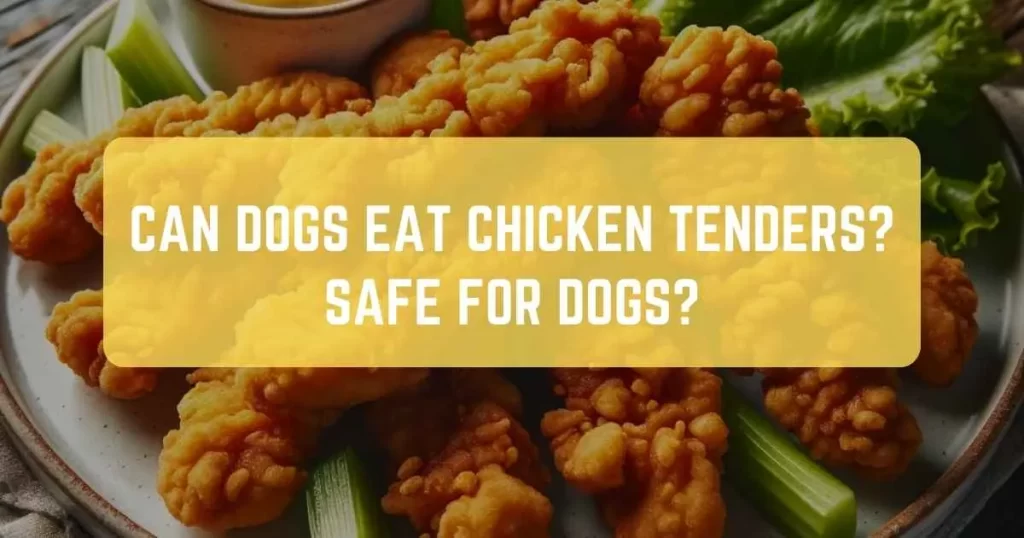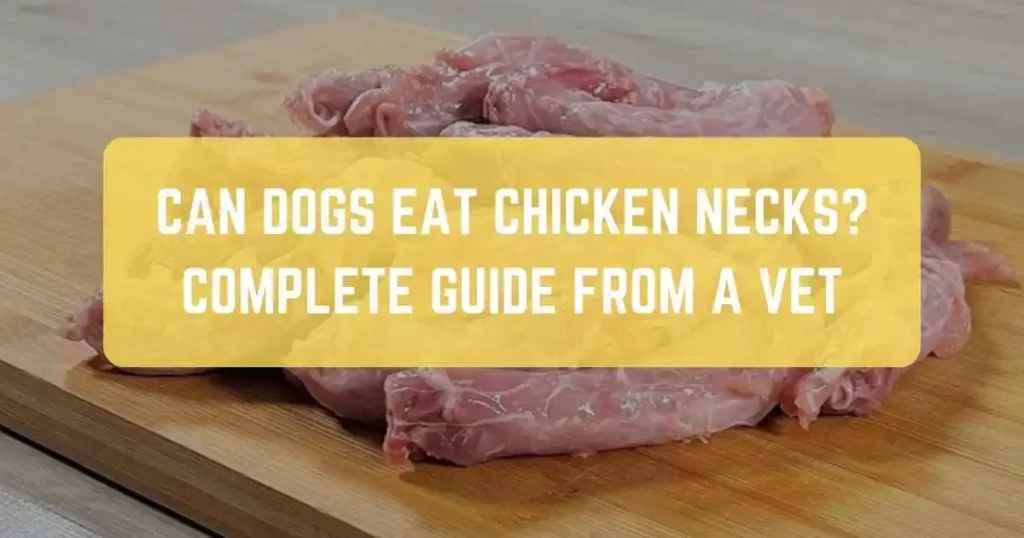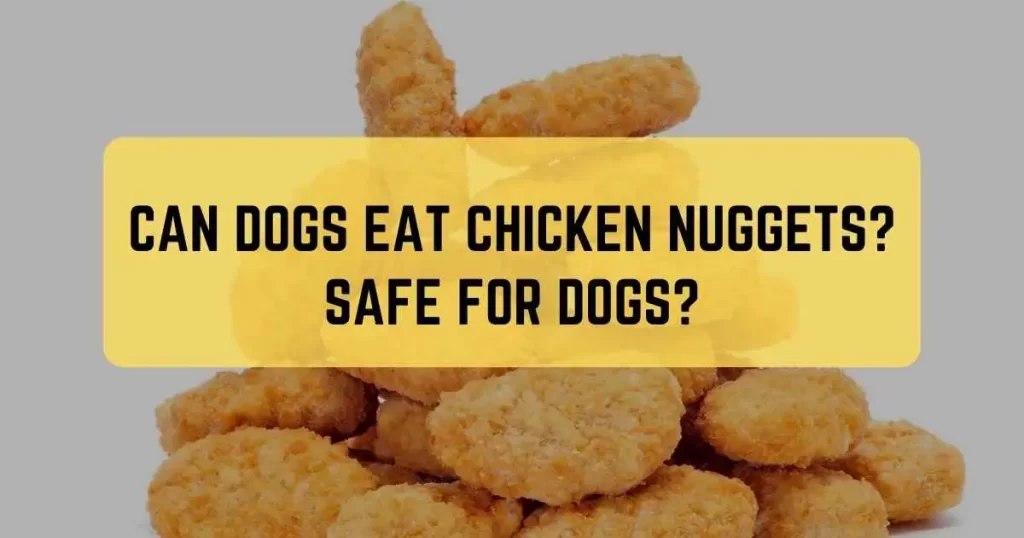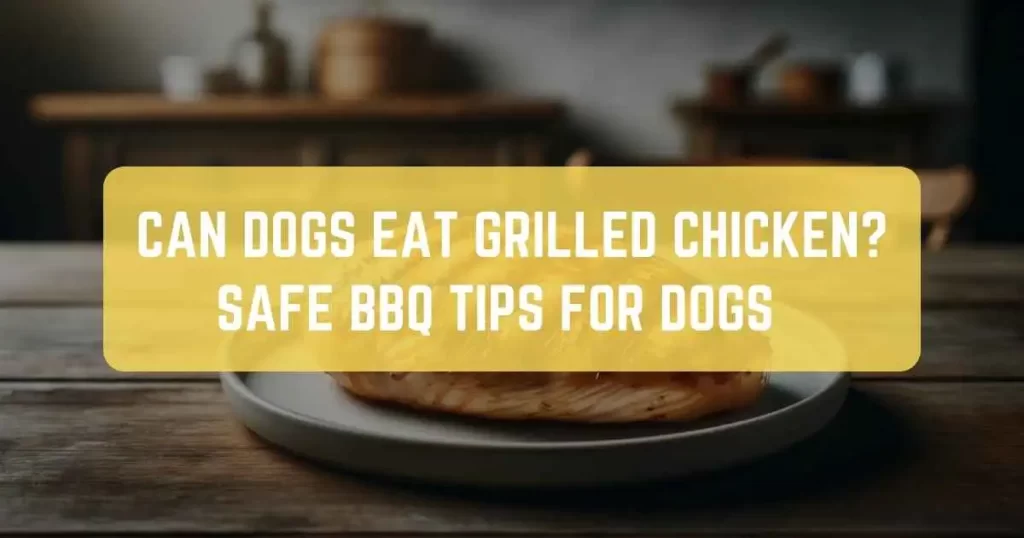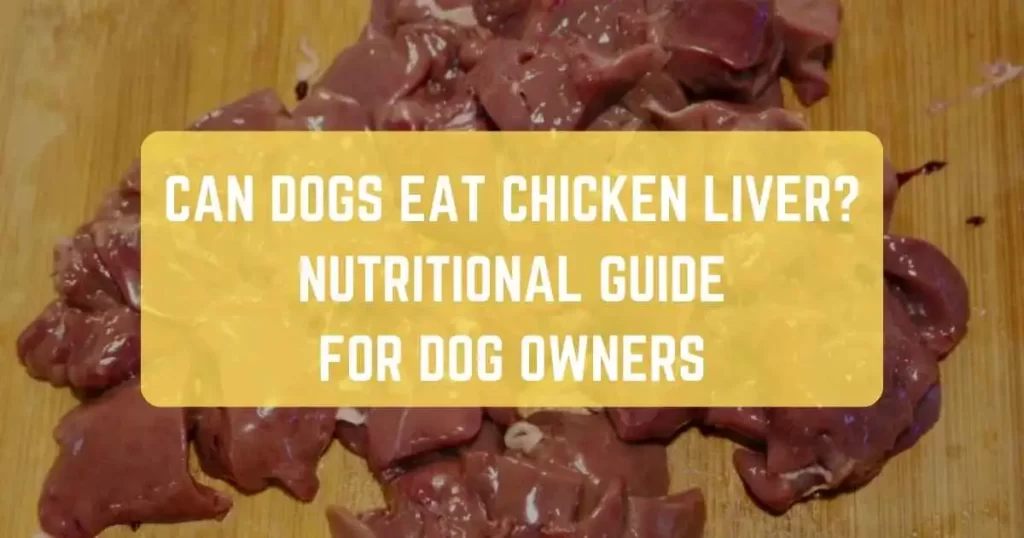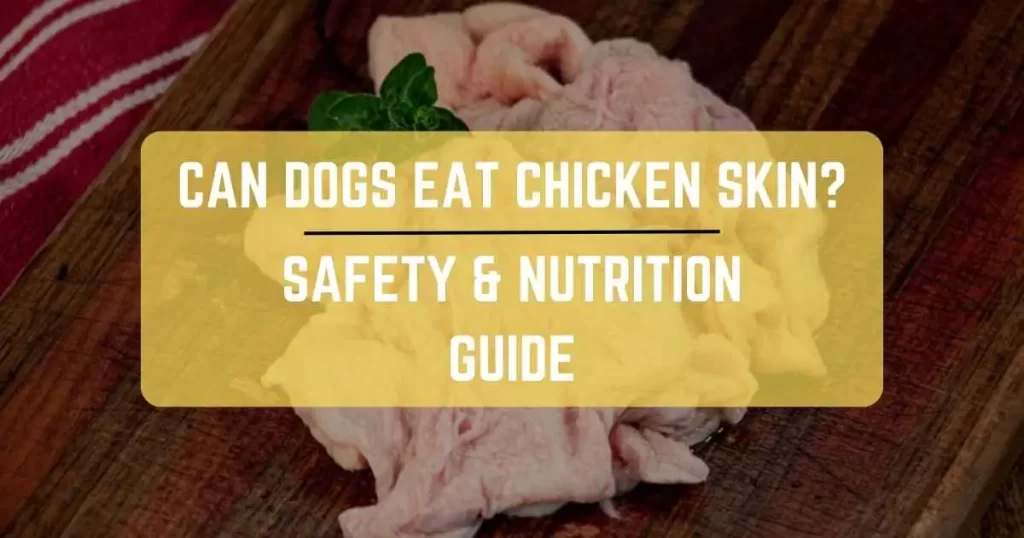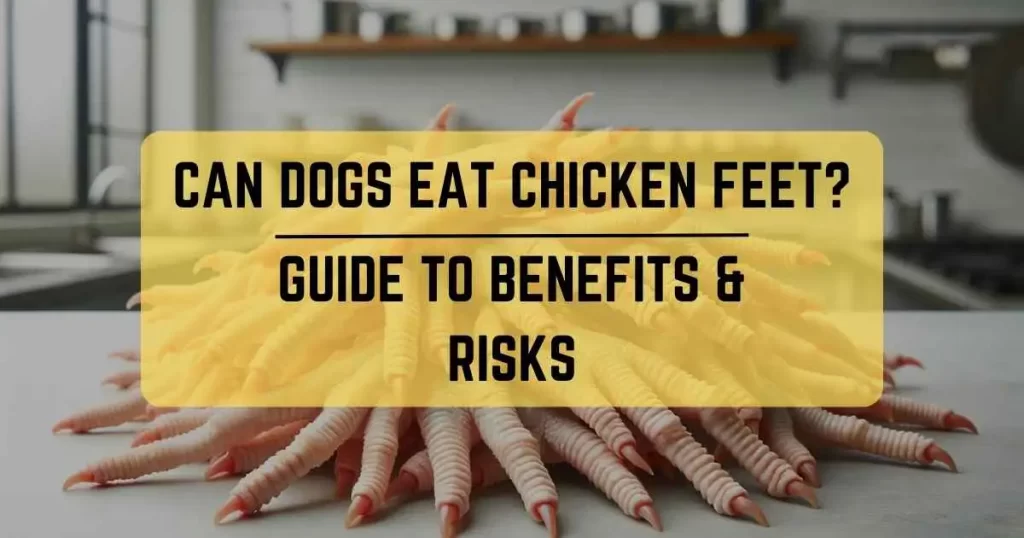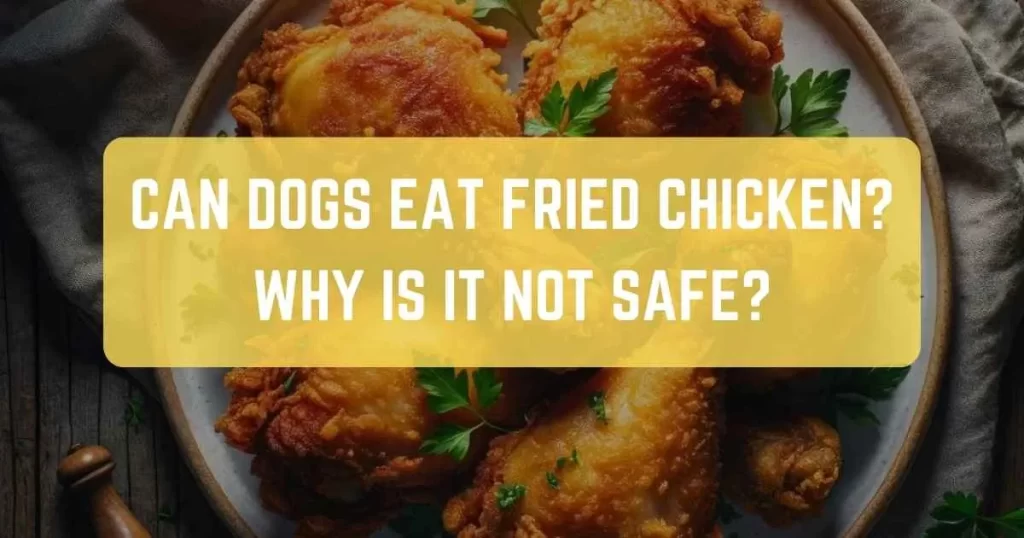
Fried chicken is a beloved treat for many of us, but when it comes to our canine companions, it’s crucial to understand the potential risks and why it’s not safe for dogs to indulge in this crispy delight.
Dogs and humans have different digestive systems and dietary requirements, which means that what’s a tasty treat for us can be harmful to our furry friends.
Let’s dive into the reasons why dogs should steer clear of fried chicken.
Can Dogs Eat Fried Chicken?
No, dogs should not eat fried chicken. The high-fat content can cause pancreatitis, and bones can easily splinter and create choking hazards or intestinal blockages.Besides, the seasoning and spices used in fried chicken might also be dangerous to dogs.
Risks of Feeding Dogs Fried Chicken
Feeding your dog fried chicken may seem like an innocent gesture, but it can lead to various health risks. Here are some of the dangers associated with this indulgence:
- High in Fat: Fried chicken is notoriously high in fat. Excessive consumption of fatty foods can lead to obesity in dogs, and it’s also a common cause of pancreatitis, a painful condition that can be life-threatening.
- Seasoning and Spices: Fried chicken is often loaded with seasoning, including ingredients like garlic and onion, which are toxic to dogs. These flavorings can cause digestive issues and even lead to more severe health problems.
- Bones: While cooked chicken bones may seem harmless, they can splinter and cause choking or internal injuries in dogs. These sharp fragments can puncture your dog’s stomach and intestines, leading to severe health risks.
- Unseasoned and Unfried Chicken: It’s important to note that unseasoned and uncooked chicken, such as boiled or plain chicken breast, can be a healthy source of protein for dogs. However, frying it and adding extra ingredients make it harmful to dogs.
How Much Fried Chicken Is Too Much For a Dog?
If you’re wondering how much-fried chicken your dog can safely consume, maybe there is a limit. the answer is simple: none. Fried chicken is not suitable for dogs at all. Even a small piece of fried chicken can cause harm to your pup due to its high-fat content, flavoring, and risk of bone splintering.
What To Do if Your Dog Eats Fried Chicken?
Accidents happen, and if your dog happens to ingest fried chicken, it’s essential to take swift action. Here’s what you should do:
- Watch for Signs of Discomfort: Keep an eye on your dog for any signs of discomfort, such as vomiting, diarrhea, lethargy, or abdominal pain. These could be indicators of digestive issues or more severe conditions.
- Contact Your Veterinarian: If you notice any concerning symptoms, it’s crucial to contact your veterinarian immediately. They can provide guidance on how to address the situation and may recommend a visit for a thorough examination.
- Adjust Your Dog’s Diet: In the future, ensure that your dog’s diet consists of suitable dog food and avoids any human foods that can be harmful to dogs. Commercial dog food is specifically formulated to meet your dog’s nutritional needs.
What Happens If My Dog Accidentally Eats Fried Chicken?
In the event that your dog accidentally consumes fried chicken, the consequences can range from mild discomfort to severe health issues. Some potential outcomes include:
- Upset Stomach: Mild cases may result in an upset stomach, leading to vomiting and diarrhea.
- Pancreatitis: The high-fat content in fried chicken can lead to inflammation of the pancreas, a painful and potentially life-threatening condition.
- Weight Gain: Frequent indulgence in fatty and calorie-rich foods like fried chicken can lead to weight gain and obesity in dogs.
- Digestive Issues: Dressings and spices, like garlic and onion, can cause digestive problems and may even lead to more serious health complications.
It’s essential to be vigilant and proactive when it comes to your dog’s diet and ensure that they don’t have access to harmful human foods like fried chicken.
Alternative of Fried Chicken for Dogs
While fried chicken is off the menu for dogs, there are plenty of safe and healthy alternatives to satisfy your pup’s cravings:
- Plain Cooked Chicken: Plain chicken breast or boiled chicken can be an excellent source of protein for dogs.
- Commercial Dog Food: High-quality commercial dog food is specially formulated to meet your dog’s nutritional requirements and is a safe choice.
- Healthy Dog Treats: Look for dog-friendly treats that are low in fat and free from harmful ingredients.
- Raw Food Diets: Some pet owners opt for raw food diets for their dogs, but it’s crucial to consult with a veterinarian to ensure it’s a suitable choice for your dog’s specific needs.
- Homemade Dog Treats: You can prepare homemade dog treats using dog-friendly ingredients, ensuring that they are safe and healthy for your furry friend.
Final Thoughts
In conclusion, while dogs may beg for that tantalizing piece of fried chicken, it’s vital to resist the temptation and prioritize their health. Fried chicken is not safe for dogs due to its high fat content, harmful flavoring, and risk of bone splintering. Instead, opt for healthier alternatives and stick to a well-balanced diet to keep your canine companion happy and healthy. Remember, your dog’s well-being should always be the top priority.
Frequently Asked Question
Can Dogs Eat Fried Chicken Bones?
No, dogs should not eat fried chicken bones. They can splinter and become lodged in a dog’s throat or digestive tract, causing significant harm. These splinters can lead to choking hazards, internal perforations, and blockages, posing serious health risks.
Can Dogs Eat Fried Chicken Livers?
No, dogs should not consume fried chicken livers. Even though chicken livers in their raw or cooked form can be healthy for dogs, frying them introduces unhealthy fats and oils. These can lead to gastrointestinal upset, inflammation, and obesity in dogs.
Can Dogs Eat Fried Chicken Skin?
No, dogs should not eat fried chicken skin. Fried chicken skin is high in fats which can lead to obesity and pancreatitis in dogs. Additionally, the dressing and coatings on fried chicken skin could contain harmful ingredients like onion or garlic powder that are toxic to dogs.

